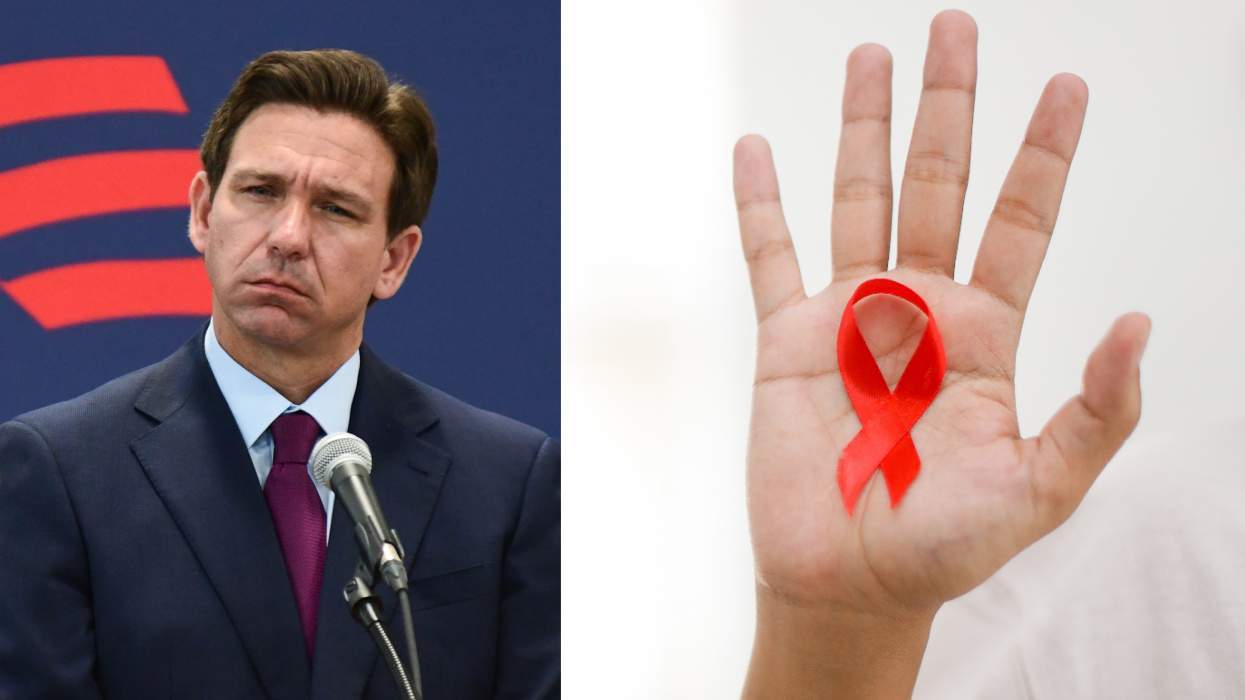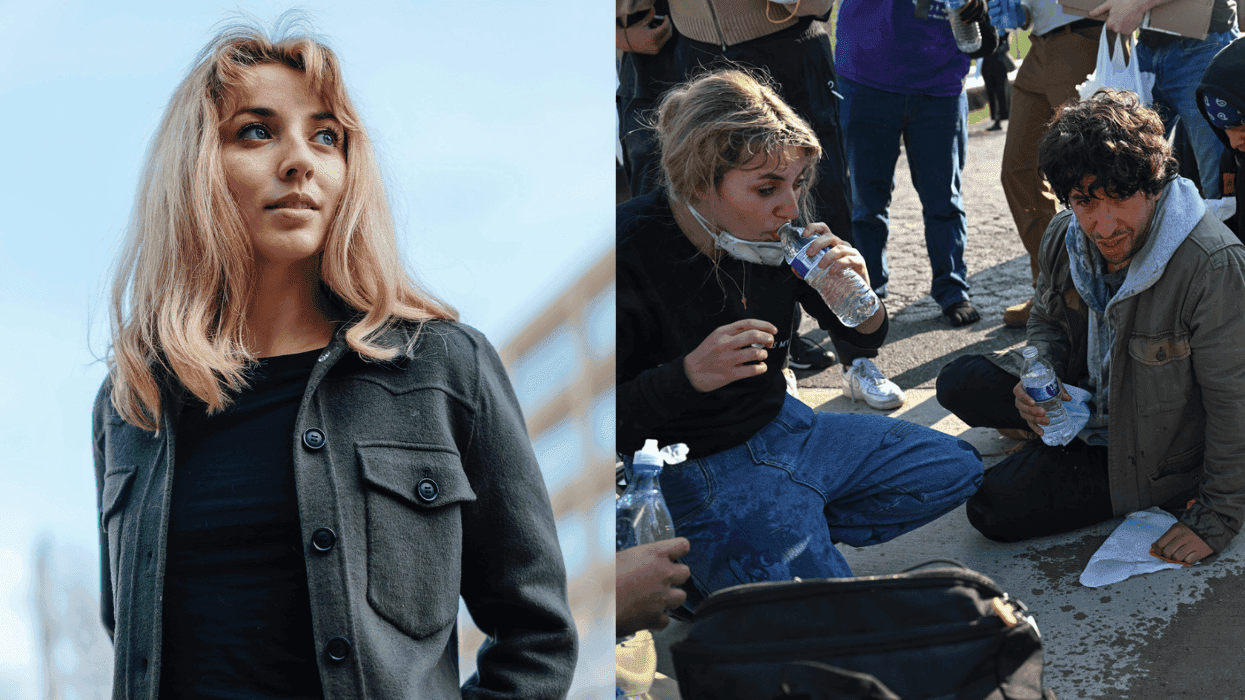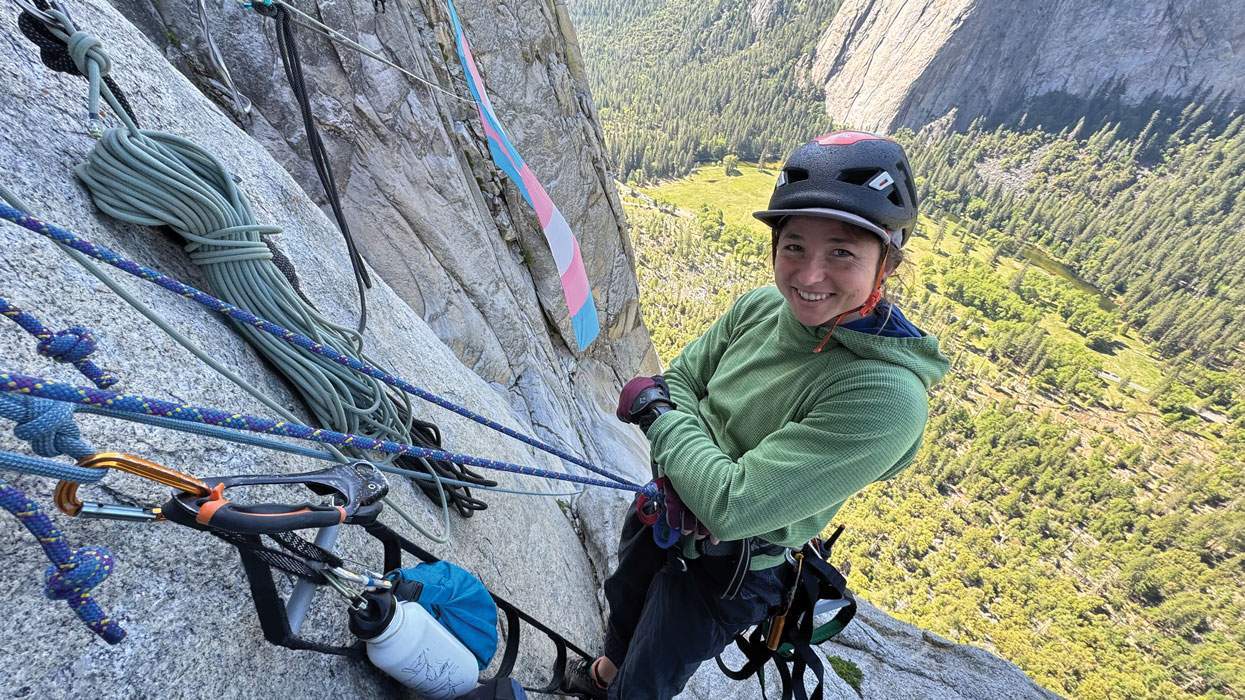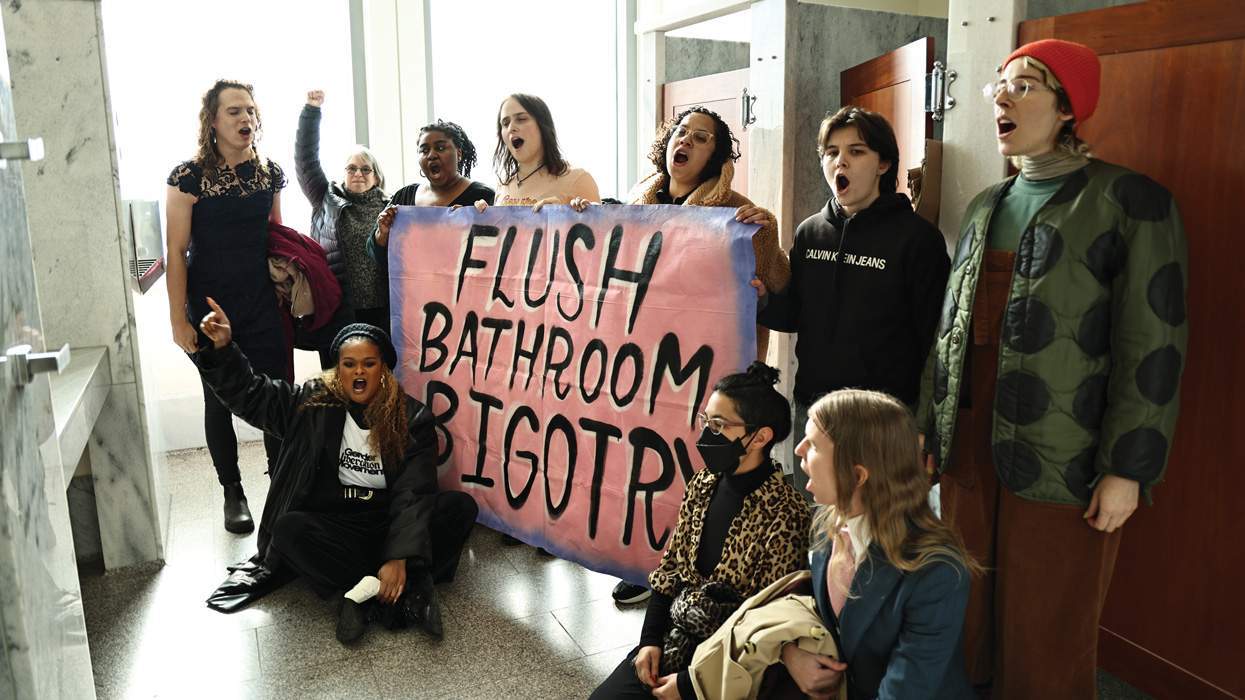BL Shirelle spoke with me on the phone in the middle of June, right before the release of her new album, Assata Troi, which came out on Juneteenth. A few weeks after George Floyd was killed by a Minneapolis police officer, it was impossible to start our conversation anywhere else. "It's a tumultuous time," she told me, describing the scene in Philadelphia -- a mix of peaceful protesting and ATMs on fire, brutal accidents caught on tape, the deaths of young activists. But the violence, for Shirelle, is just a symptom of the illness. "Structural racism is so deeply ingrained in the country -- it's literally how the country became what it is. There's never been an America without it."
Since 2018, Shirelle has been the deputy director of Die Jim Crow. Founded in 2015 by Fury Young, DJC is the first non-profit record label for currently and formerly incarcerated musicians. As a community organizer and activist, Shirelle is quick to differentiate between social justice and charity. "Sure," she told me, "charity's awesome. But I always tell people that my real goal here is to put out phenomenal music. It's not my only goal. But for me it's the most important. Because the music, when it's really great, transcends race, backgrounds, felonies. Good music is the heart of humanity."
Shirelle first got involved with DJC as an artist fresh out of her second stint in a Pennsylvania state prison. She wrote and recorded "Headed to the Streets," a power ballad taking on massive themes of trauma, rigged systems, and the sick joke of post-prison rehabilitation in America. "I carry razors in the slits of my jeans, hidden in seams / Tell me what this liberty means / Now that I'm out, can I live to be free?" "Headed" was part of the Die Jim Crow EP, a concept album about mass incarceration, written and performed by artists living on both sides of the prison system. Assata Troi is the first full-length album produced by the label.
Before the pandemic, Shirelle often went into prisons to record music, sometimes spending weeks at a time staked out in a nearby hotel, going in every day and setting up a makeshift recording studio within the prison. I asked Shirelle what it was like to return to the space of prison since she's been out. "It definitely brings you back," Shirelle said, and then told me an amazing story about a bag of chips.
After a long day of recording, Shirelle found herself buying stuff from the grocery store that she hadn't eaten since she was in prison. Canned ravioli, for example. She didn't think much of it. Until one of the artists she was working with offered her a bag of Shabangs. Shirelle described them as salt and vinegar chips with an orange tinge. They sounded great. "Yeah," she confirmed, "they're epic. But you can only find them on Amazon or in prison."
The next day, she came back to record and started asking around about where she could buy some more of the chips. And then it hit her: She didn't have access to the commissary or goods to trade. Though she was in a prison, she wasn't in prison. "Then I thought about all the food in my hotel room and I just started piecing it together," Shirelle said.
While recording in prison has the power to transport Shirelle to the past, her work has placed her in a unique position. "When I came back I was extremely moved by the whole experience," she said. On meeting artists in prison, she felt a connection to them right away. "Just upon initial contact. It's something other people just can't relate to. Being a musician and being incarcerated. There's something special about having art while you're locked away, because that's your only freedom."
While Shirelle has been writing music since she was a kid, Assata Troi marks a distinct transformation for the artist. "It was a coming-of-age album," she said. "Not as in becoming 21, but more like becoming 28. You know how when you're in your late 20s, your priorities kind of start changing?" I'm 29; I know just what she's talking about. "What used to matter to you doesn't really matter to you, and certain things matter more," she continued. "I was questioning a lot of things. Trying to figure out if certain relationships -- intimate, spiritual, societal -- were worth maintaining or not."
I learned about the album's title unexpectedly while Shirelle and I were talking about the terrible treatment of Black women in the U.S. healthcare system. "I think healthcare [in prison] is the scariest part for women," Shirelle told me. "We don't have to necessarily deal with getting murdered, but getting sick is like getting shanked in there. Because you don't have a chance in hell."
Even outside of prison, as journalist Linda Villarosa and others have written about extensively, Black women are at a significantly higher risk of death and other complications during childbirth than white women. When Shirelle's wife was pregnant (they were both out of prison at that time) Shirelle was worried that she wouldn't get proper treatment. "She miscarried, and the baby's name was Assata Troi," Shirelle told me. "I tell most people what the name means -- 'she who struggles is a warrior' -- and how it relates to the album, but in all actuality, that was going to be my child's name."
A combination of hip-hop, rap, R&B, and rock, Assata Troi mixes themes as much as it does genres. Songs about love are followed by critical analyses of the U.S. prison system. On "SIGS," the album's first single, Shirelle raps: "My windows tinted and my skin is, which one is it? / When you violate my rights and my amendments / Same rights was never given to begin with." As with "Headed to the Streets," the subject matter of "SIGS" is both national and intimate. On "Conspiracy," the chorus repeats "this is the system" as Shirelle chronicles the brutal story of a juvenile lifer, reminding the listener that personal histories cannot be disentangled from political ones.
The album opens like the beginning of a dream sequence, with the sultry R&B song, "You Only Tell Me." The track's sonic steadiness reflects Shirelle's lyrics: "You only tell me that you love me when I'm deep in / but I believe you / You only tell you that you love me when I slide in / girl, you aint lying." Shirelle's confident vulnerability is felt throughout the album. The thread of sex and love carry the album, too, strengthening the power of the unyielding political tracks. "Bestie" -- a song about sleeping with a girl who wants to pretend to be your best friend -- reminded me so much of my early 20s.
"Yeah!" she exclaimed, "Bestie is that song. Bestie is about the closeted girl who -- you don't care that she's closeted. It's okay, you just want to be around her. You're willing to put up with a lot of shit. And you're saying, 'Cool -- I understand you're not ready to speak your truth. I just wanna be a part of your life.'"
I wondered what it was like for Shirelle to grow up in her sexuality, both at home and in prison. "I was out in the seventh grade," she tells me. "I didn't think it was a thing."
While supported in many ways by her family, those years were complicated -- Shirelle started selling crack to her mom when she was barely a teenager. Growing up without rules, Shirelle tells me, is a big part of her sense of self. "When I went to prison, because I just happened to have a beard that grew naturally...it was just great!" Shirelle is a little smug when she talks about her popularity with women in prison, but she's also sweet about it. She was 18 when she served her first sentence, and compares those years to college. When I asked Shirelle if, in some ways, she associates prison with love, she didn't hesitate, "I definitely do." Shirelle ended up meeting her wife in prison. "My wife and I are so far beyond prison, but we have our moments. Like when quarantine started, we were able to transition really easily," she laughs.
When I asked Shirelle what she felt her role was in this political moment, she paused for a while. "That's a good question, because I'm struggling with that now. The first time I went to prison it was for a shootout with the police. The police officer pulled a firearm on me -- he was undercover -- [and] I shot back." Shirelle was shot and beaten. Now, Shirelle has to balance her emotional and mental health with her sense of responsibility to the current social justice movement for Black lives. "After all the high passion, now it's my place to try and organize and lead people in the right direction, to keep the change happening. But I definitely struggled trying to find my place."
Even in uncertainty, Shirelle's confidence is palpable, generous. "At the end of the day, I know who I am. I'm solidified in that," she said. "It has literally become bigger than me." It's true. Shirelle's sense of self extends out into your zone and reminds you not only who she is, but also who you are. It's a power that's felt deeply in her music. "We're humans," says Shirelle. "We're going to contradict. That's just how it is. And that's okay. I want to keep that energy always."
Olivia Durif is an independent journalist focused on culture, sexuality, and political resistance. Follow her at @OliviaDurif















